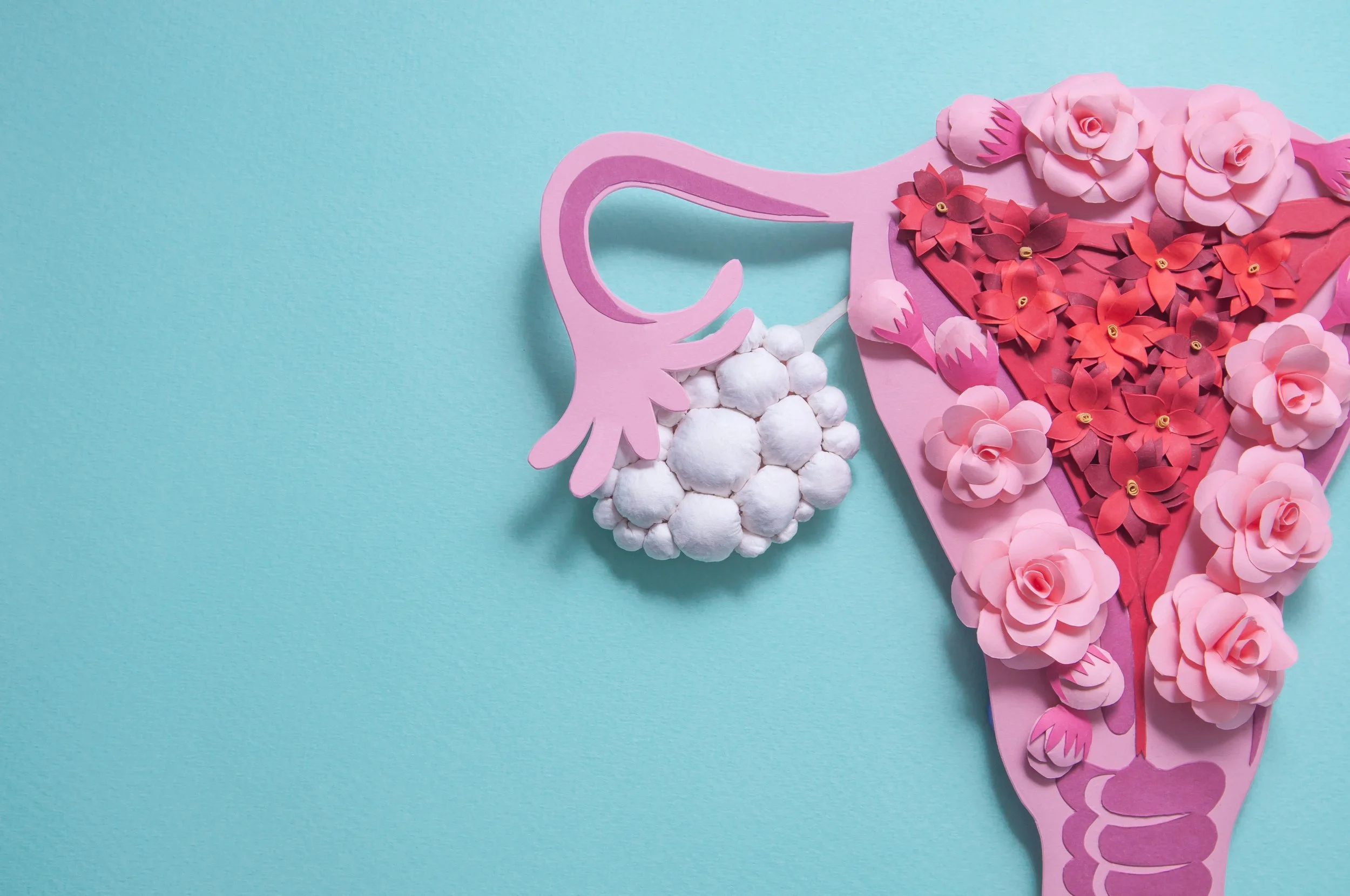The Power of Representation
/How TikTok Can Help Young Girls with PCOS Thrive
MTSE’s student intern, Alexa Gianopulos, shares her experience with the community and solidarity found on TikTok after her PCOS diagnosis.
TikTok is back, and with it is the return of what many consider a support system that others recognize one’s unique circumstances in a way that some face-to-face relationships cannot. In my (college) opinion, TikTok is more than silly videos, Get Ready with Me’s, and alarming, sometimes inaccurate, news articles. Say what you want (and I will probably agree with some of it), but TikTok, specifically its users, can provide communities and support for individuals at a heightened level of connection, relatability, and understanding.
What do I mean by this? Well, maybe you’re looking for tips on ADHD management, you’re a busy parent looking for recipes that your picky kids will enjoy, or perhaps you’ve just gone through a breakup and you’re wondering how to take things one day at a time. Maybe you’re like me and just received a diagnosis that you and the people in your life know absolutely nothing about. The creators I have found on TikTok have helped me gain insight, management skills, and most importantly, the ability to feel seen and not alone. No matter your circumstances, there is a video for everything. When used with proper media literacy and social media safety tools, the platform can be the support and assurance that one may be looking for.
I was diagnosed with Polycystic Ovarian Syndrome, or PCOS when I was 19. For more information on the condition and what it means, this article by the Mayo Clinic may be helpful.
While the diagnosis explained many of the symptoms that I didn’t have answers for, the prognosis was pretty frustrating - go on birth control, or your symptoms will only get worse with age. At the time, that wasn’t the right option for me. So, I did what any teenage girl would do and looked up the condition on TikTok. None of my family or friends had or knew anything about PCOS, so I felt pretty alone and isolated. To my surprise, I didn’t find scary statistics, grim comments, discussions, or discouraging information. Instead, I saw much more empowering and hopeful content than anything my doctor had to say. I scrolled for hours through videos of women and creators with PCOS sharing weight-management recipes, fun workouts to help with hormone balance, self-care tips, and honest, vulnerable conversations about the condition. I felt uplifted, recognized, and no longer alone.
Don’t get me wrong, I’m not saying to accept everything you see on TikTok, or anything online for that matter, as absolute fact. However, if you find creators you can relate to, trust, and feel seen by, there is nothing wrong with following their content. As individuals encouraged to embrace our individuality, there will inevitably be a time when we experience a struggle that perhaps our peers and families will not be able to relate to. This can lead to feelings of isolation, loneliness, and even lowered self-esteem. When we can understand that we aren’t alone in our struggles, we can feel supported and assured that there is a wide range of “normal.” That being said, I cannot emphasize enough how important it is to fact-check the information you’re reading or watching, and again, media literacy is key.
PCOS is not the end of the world. It is not a condition that has ruined my life, by any means, but that doesn’t mean that my symptoms aren’t frustrating, challenging, or difficult to navigate. It’s a condition that affects millions of women and girls worldwide, yet there is such limited information on it. According to the World Health Organization, PCOS affects 6-13% of reproductive-aged women, and is the leading cause of anovulation and infertility. Yet, it is commonly missed or goes undiagnosed until fertility issues and other symptoms arise, with many women going to more than three doctors before receiving a diagnosis. (National Library of Medicine) The NIH also suggests that the lack of a diagnosis or delay in receiving one often “leaves women with unmet information needs” which can be frustrating and isolating.
That is precisely why the content on TikTok has been so helpful to me since my diagnosis. From breaking the stigma surrounding the condition, educating audiences in a fun and humorous way, and promoting self-love and body positivity, these creators have helped me feel empowered and equipped to handle my diagnosis. Below is a list of PCOS content creators and medical resources that have helped me take control of my health; I hope it may help someone else out there going through the same thing. You are not alone!
Additional Medical References
Endorcrine Society - Polycystic Ovary Syndrome
TikTok Content Creators
@caileeeats
@mypcosdiary
@thepcosmentor
@gracebeverley
@pcosgirlies



